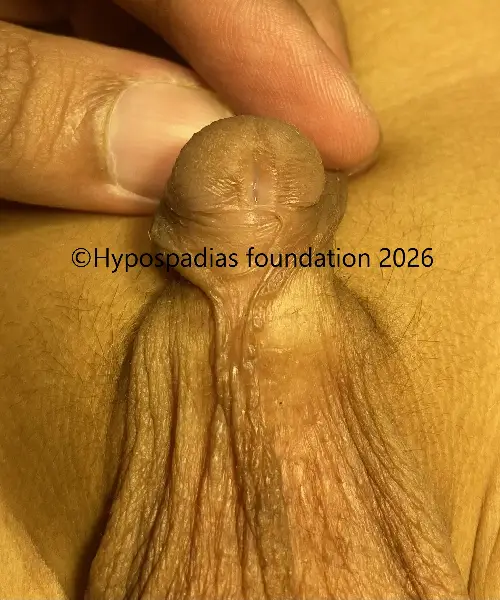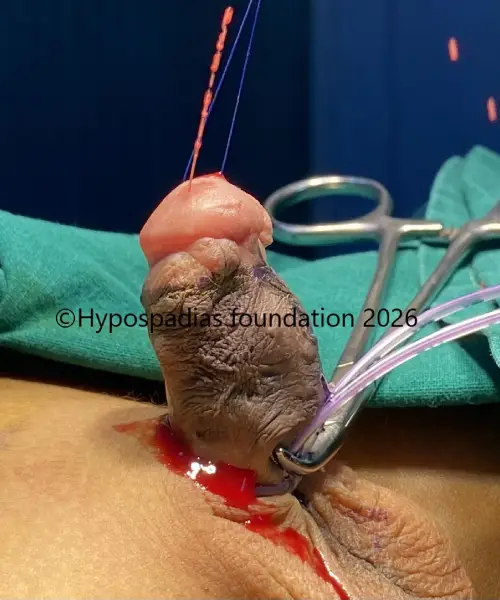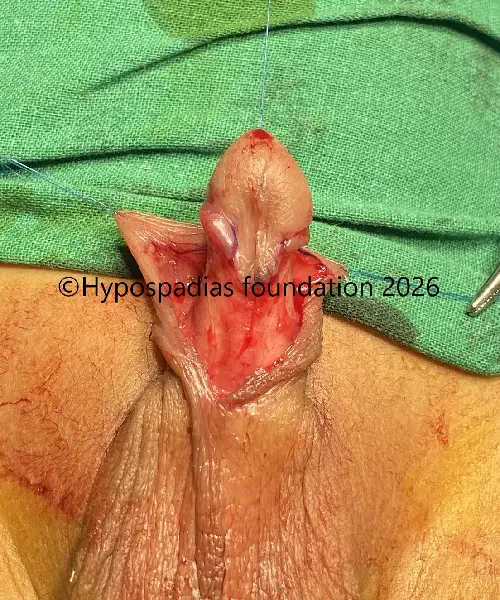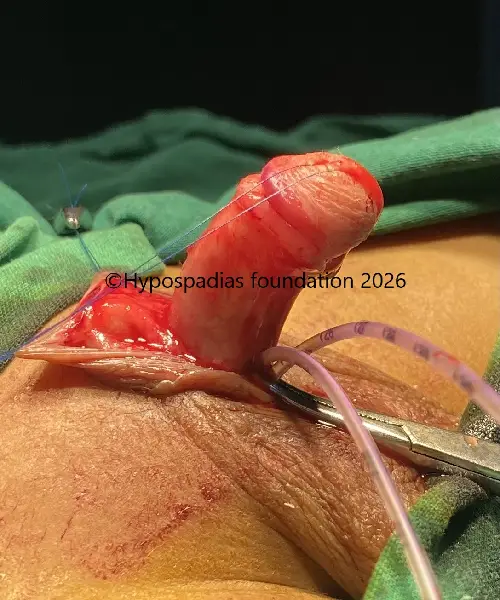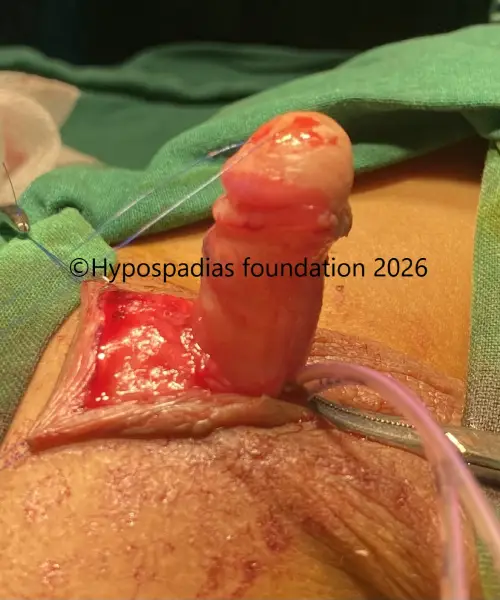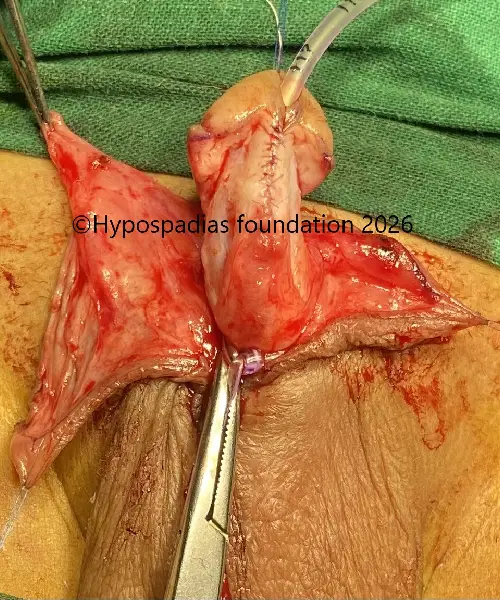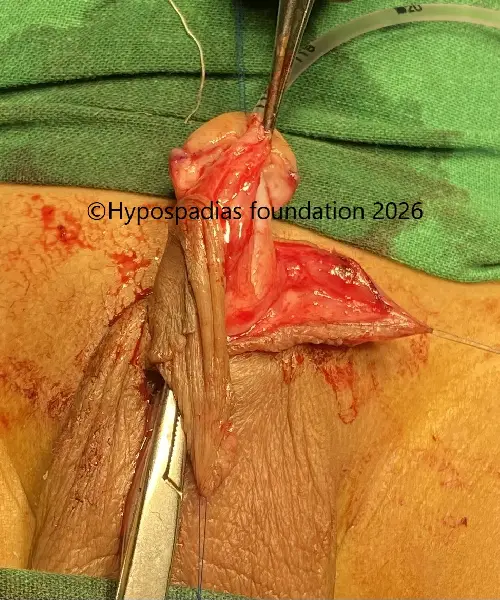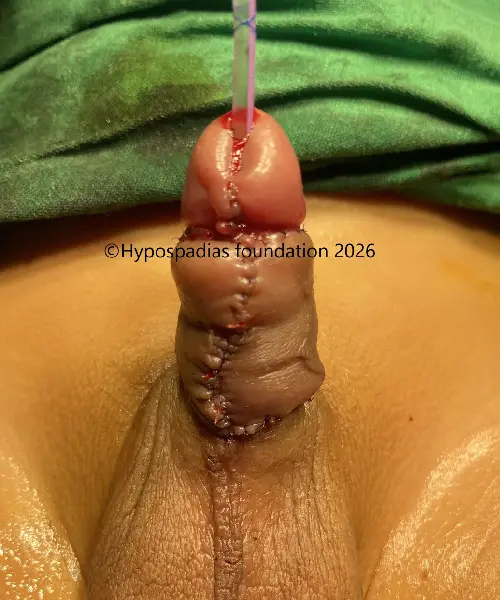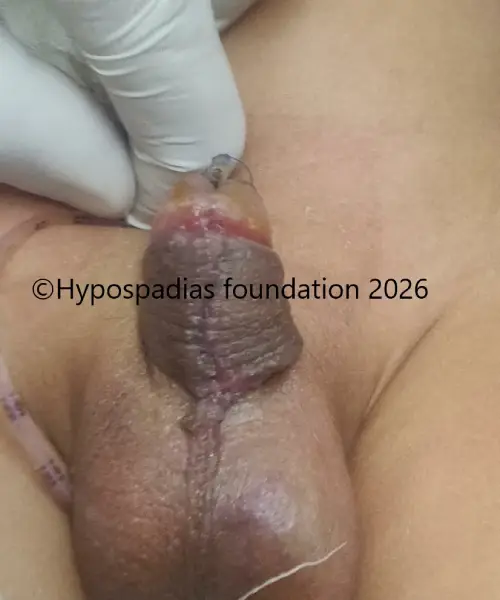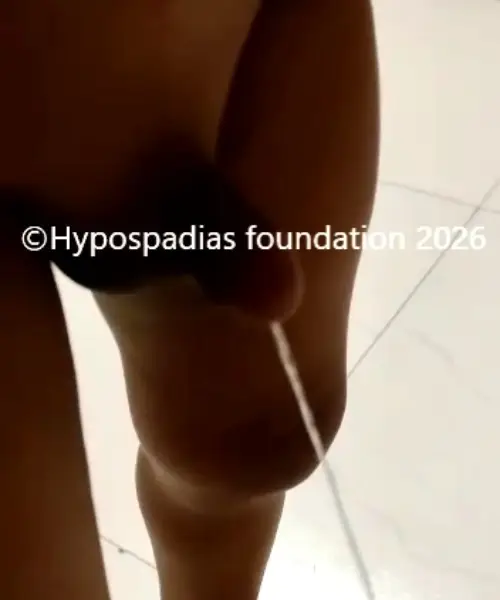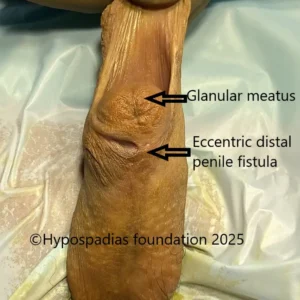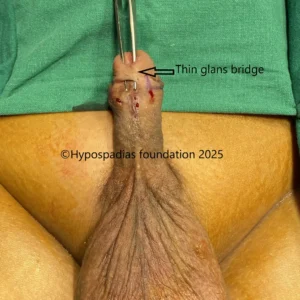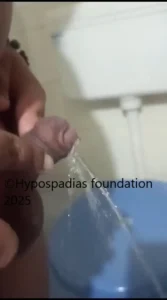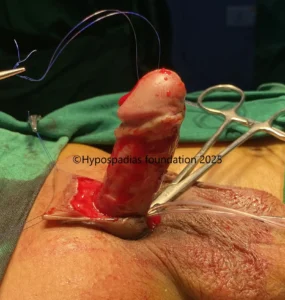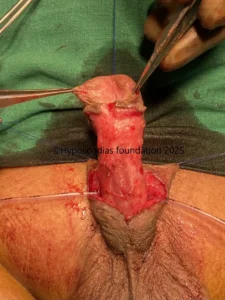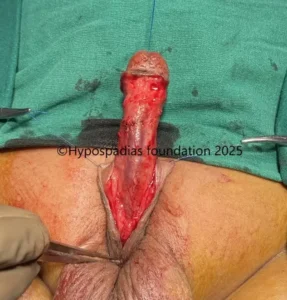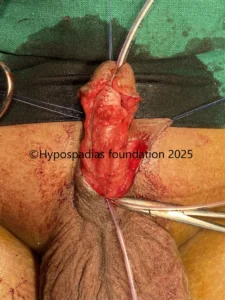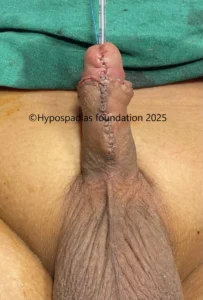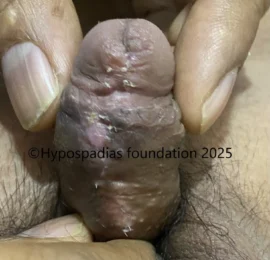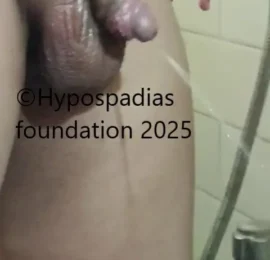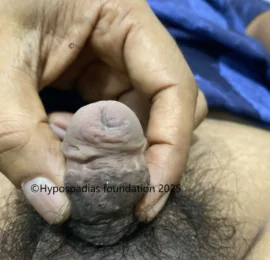Hypospadias is a congenital condition in which the urinary opening (meatus) is located on the underside of the penis instead of at the tip. Hypospadias repair surgery is a well-established and successful procedure that can be performed in infants, children, adolescents, and adults. However, choosing the best age for hypospadias repair plays an important role in healing, recovery, and long-term outcomes.
What Is the Best Age for Hypospadias Surgery?
Most expert hypospadias surgeons recommend performing surgery between 6 and 18 months of age. Surgery before 3 years of age is considered ideal, and if someone misses this period, surgery before 8 years of age is still strongly recommended if early repair was not possible.
Hypospadias Surgery in Infants (6–18 Months)
The ideal age for hypospadias surgery is between 6 and 18 months. At this age:
- Penile tissues are soft, elastic, and heal faster
- Scarring is minimal due to high tissue regeneration
- Infants are unaware of their genitalia and body image
- There is no psychological impact or memory of surgery
Early hypospadias repair also allows normal toilet training and smooth bladder control development. Post-operative care is easier in infants, as diaper changes simplify wound care and recovery is less stressful for parents.
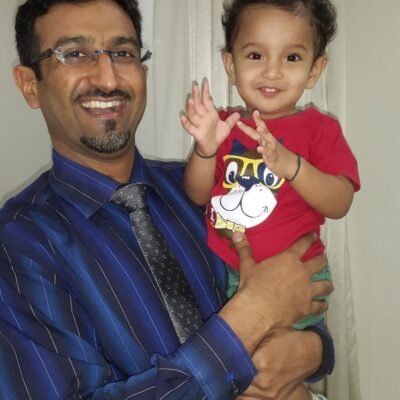
Hypospadias Surgery Before 3 Years of Age
If surgery cannot be done in infancy, completing hypospadias repair before 3 years of age still provides excellent results. Children recover well, healing is fast, and long-term functional and cosmetic outcomes remain very good.
Hypospadias Surgery in Older Children
Hypospadias surgery in older children is safe and effective, though recovery can be more challenging.
Older children:
- Are more aware of their genitalia and may feel shy or anxious
- Experience more fear and perceived pain after surgery
- May find dressing changes difficult
- Sometimes hold urine after catheter removal due to fear of pain
Despite these challenges, healing and success rates remain high when surgery is performed by an experienced hypospadias surgeon.
Hypospadias Surgery in Teenagers
Teenage boys with untreated or failed hypospadias often feel embarrassed and reluctant to undergo surgery. In cases of hypospadias with chordee (penile curvature), we recommend delaying surgery until penile growth is complete. Avoiding surgery during active growth may prevent interference with natural penile development
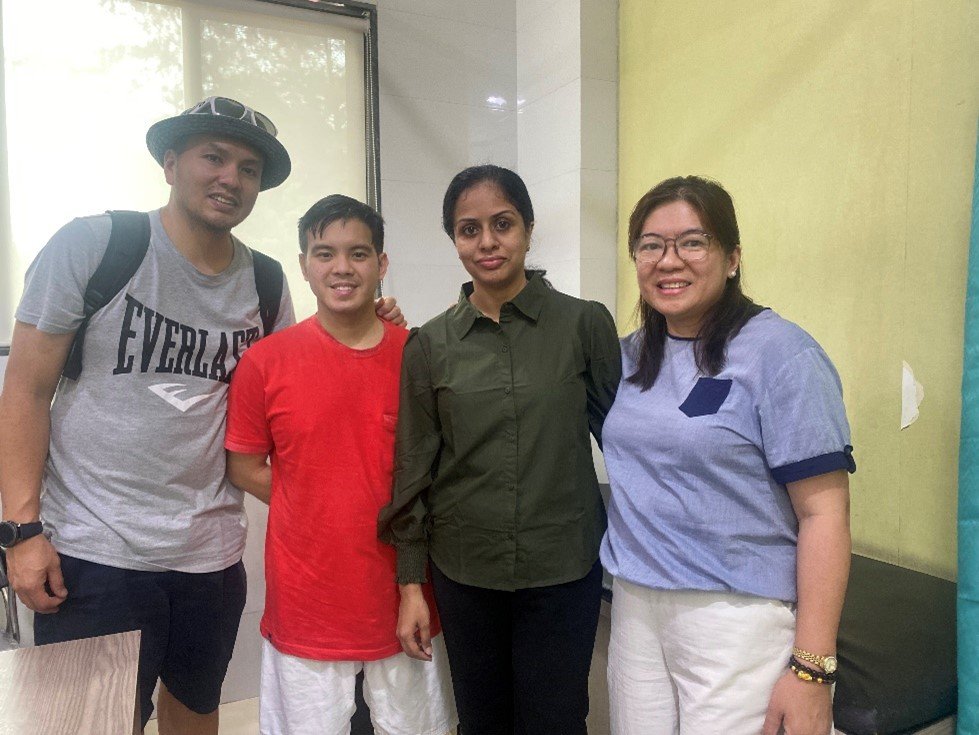
Hypospadias Surgery in Adults
Hypospadias repair in adults is possible and can be highly successful. However, recovery is slower compared to children because:
- Adult penile skin is thicker and less elastic
- Healing takes longer
- Pubic hair can affect wound care
- Night-time erections may stress sutures and increase complication risk
- Infection issues are higher
- Urethral and extra safety supra-pubic catheter are also needed.
Even in adulthood, good outcomes are achievable in expert hands. Adult hypospadias surgery success rates at Hypospadias Foundation India are over 95%, which are best in the world.
Is There an Age Limit for Hypospadias Surgery?
There is no upper age limit for hypospadias surgery. The success of repair depends more on the experience of the hypospadias surgeon than the age of the patient. With proper evaluation and surgical expertise, excellent results can be achieved even in adulthood.
Importance of Choosing an Expert Hypospadias Surgeon
Before planning hypospadias surgery, it is essential to consult a specialist hypospadias surgeon. An experienced surgeon will:
- Carefully examine the child or adult
- Assess severity, chordee, and previous surgeries
- Recommend the best timing and surgical technique
At Hypospadias Foundation, children and adults from over 30 countries undergo hypospadias repair. The oldest successfully treated patient was a 50-year-old man with failed hypospadias repair and urethral stricture, operated without complications. This highlights the importance of choosing a specialized center for hypospadias treatment.
Dr A K Singal is a highly experienced and internationally renowned hypospadias surgeon in India, widely regarded as one of the leading experts in hypospadias repair for both children and adults. He has dedicated his professional life to the treatment of complex and failed hypospadias cases, helping patients achieve excellent functional and cosmetic outcomes.
With decades of focused experience in primary and redo hypospadias surgery, Dr Singal’s expertise has contributed to consistently high success rates in infants, older children, adolescents, and adults with hypospadias.
Dr Ashwitha Shenoy is an expert pediatric surgeon with a special interest in pediatric urology and hypospadias surgery. Her training and experience in managing hypospadias in children ensure meticulous surgical care, age-appropriate planning, and excellent long-term outcomes.
Together, Dr A K Singal and Dr Ashwitha Shenoy work as a dedicated team to provide comprehensive hypospadias treatment in India. Their combined expertise allows them to manage simple to complex hypospadias cases, including failed repairs and adult hypospadias, delivering some of the best outcomes for hypospadias surgery in India.
Contact us:
For appointment kindly contact us at the contact details given below.
MITR hospital & Hypospadias Foundation, Kharghar, Navi Mumbai, India – Tue/Saturday 4:00pm-6:00pm, Call for appointments: +91-6262840940. Or email us at hypospadiasfoundationindia@gmail.com
Contact Form for Hypospadias Foundation
Please fill all clinical details and upload pictures and clinical summaries (if available)

